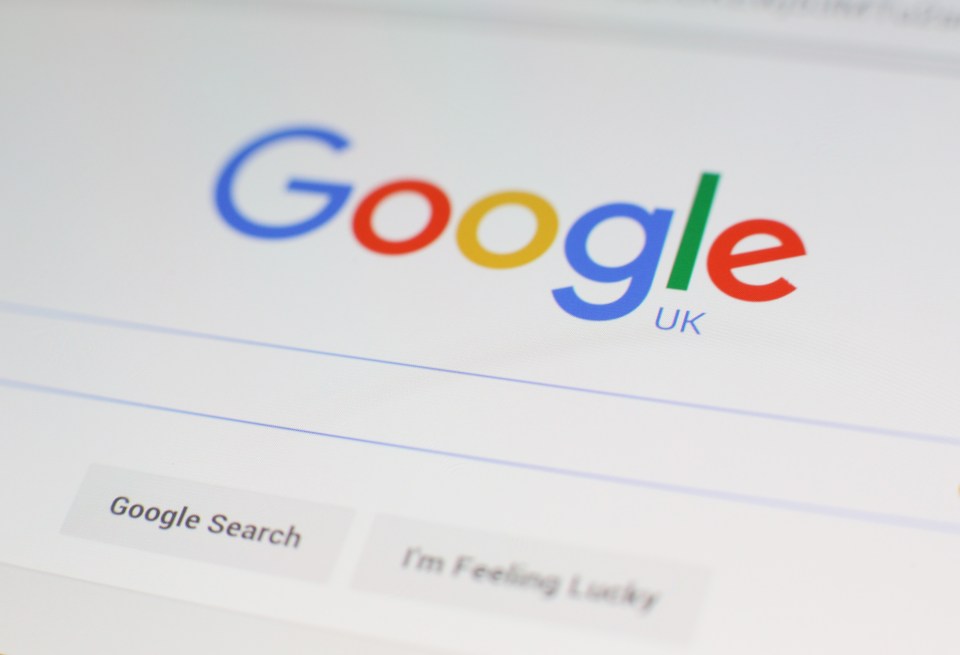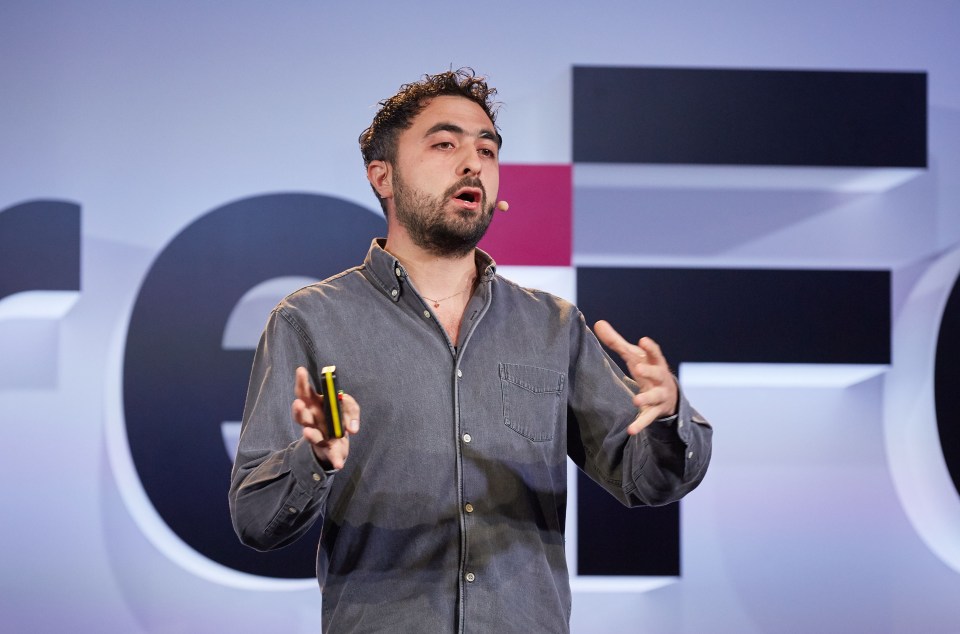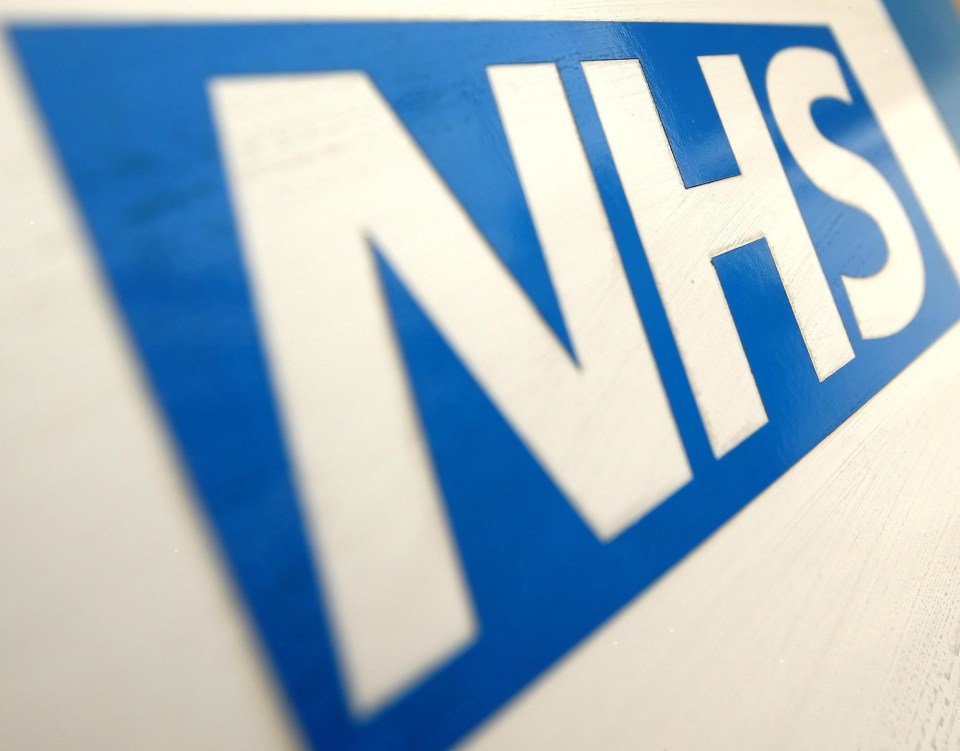Tech giant Google awarded controversial data deal that gives them access to over 1.5million NHS patient records in new scheme
Experts claim info will boost survival rates but gives a Google-owned firm access to encrypted health records, raising privacy fears

A GOOGLE-owned firm has been given access to more than 1.5m NHS patient records under a controversial data deal.
DeepMind, which is was acquired by the tech giant in 2014, will be allowed to trawl through confidential information to spot those most at risk of kidney disease, blood poisoning and organ failure.
RELATED STORIES
It will then be fed to medics through apps on their phones.
It should allow doctors to intervene earlier – with experts claiming it will boost survival.
But the deal with the Royal Free NHS Trust in London – one of the biggest in the country - is hugely controversial.
It gives the tech firm access to the encrypted health records of up to 1.6m patients, raising privacy fears.
Trust bosses yesterday announced its doctors will start using Google technology in the next few months.
They claim the five-year deal will free up medics from desk work so they can spend an extra 500,000 hours per year with patients.
Royal Free chief executive David Sloman said: “We are hugely excited.
“We want to lead the way in healthcare technology and this new app will enable us to provide safer and faster care – which will save lives.”
But the original deal was under investigation by the Information Commissioner’s Office, which was probing the use of confidential data.
And campaign groups voiced concerns.
A spokesman for Medconfidential questioned what happens to the records of patients not at risk, but are still handed to Google.
Phil Booth said: “It’s not about the one in six who will be helped by the app but the five in six who don’t have this condition but whose data gets copied anyway.”
The scheme is run by Google’s artificial intelligence arm DeepMind.
It is allowed to scan blood test results and medical histories to pick out those at risk of acute kidney injury – which kills about 40,000 people a year in the UK.
The NHS estimates up to 30 per cent of cases are preventable.
It will then expand to patients at risk of other illnesses such as sepsis and organ failure.
The Royal Free insists no patient-identifiable data is shared and records are only used for health purposes.
DeepMind co-founder Mustafa Suleyman said: “We’re working with the Royal Free to give clinicians the information they need at their fingertips, saving time and alerting them to patients in need in seconds not hours.”














